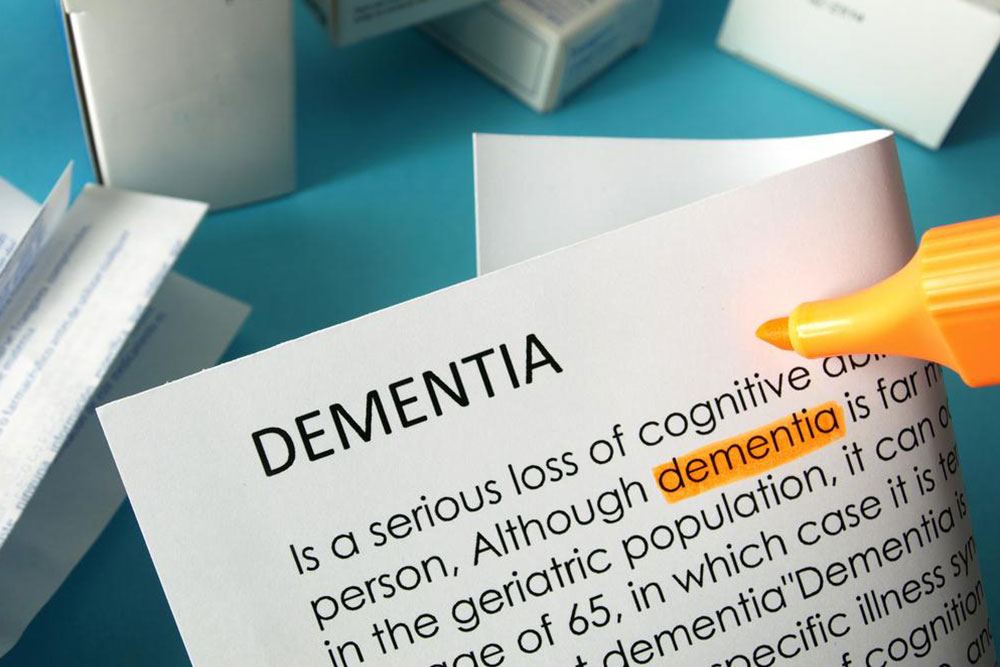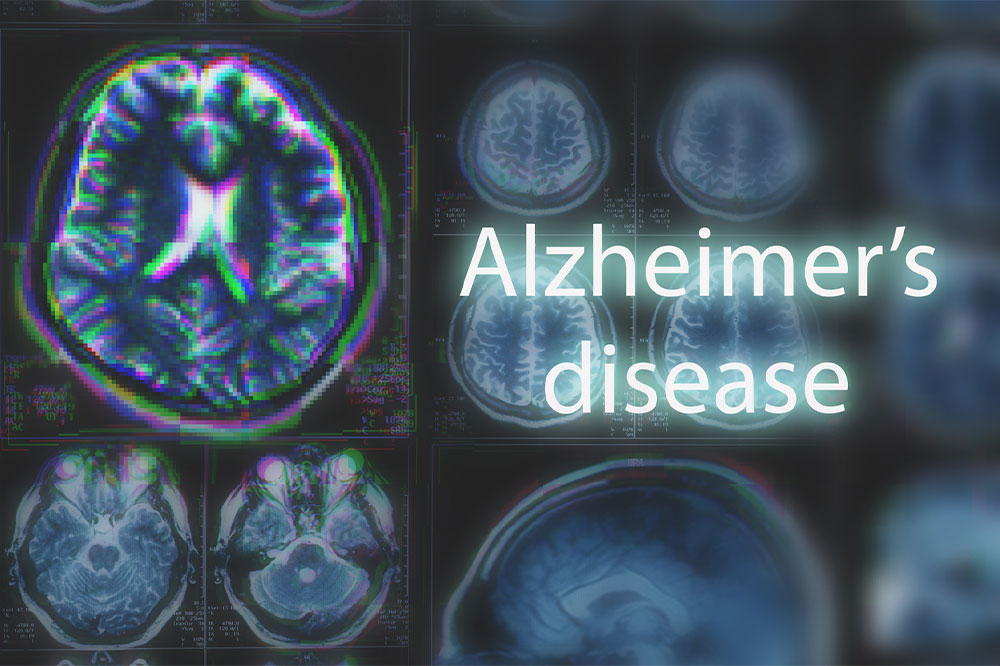Understanding the Seven Progression Phases of Dementia
This article explores the seven stages of dementia, detailing symptoms, progression, and care needs. Understanding these phases helps caregivers better manage and support those affected. Key insights include early signs, progression to severe impairment, and the importance of tailored treatment strategies across the stages.
Sponsored

Dementia typically advances gradually over time. While a cure remains elusive, appropriate medications can enhance daily comfort and slow its development. Dementia’s progression is categorized into seven distinct phases, which is vital for tailoring treatment. Often, these are simplified into early, middle, and late stages, but detailed staging provides a clearer picture. This classification is especially relevant in Alzheimer’s cases, guiding caregivers and healthcare providers in managing and supporting affected individuals effectively.
This progression includes:
Stage I – No Cognitive Impairment
At this initial phase, there are no noticeable symptoms, and the individual can function independently. They exhibit normal cognitive health.
Stage II – Very Mild Forgetfulness
Slight memory lapses may occur, such as forgetting names or misplacing objects, common with aging.
Stage III – Mild Cognitive Changes
Lasting up to seven years, family and friends observe increased forgetfulness, reduced task efficiency, and concentration issues. These signs are early indicators before dementia manifests more clearly.
Stage IV – Moderate Cognitive Decline
This stage signifies dementia's onset, lasting around two years. Symptoms include trouble recalling recent events, difficulty concentrating, and social interaction challenges. Individuals should be accompanied when traveling, even if they deny symptoms.
Stage V – Moderate to Severe Decline
Major memory loss emerges, requiring assistance with daily activities like dressing and meal preparation. Disorientation about date and time is common. This stage typically lasts about a year and a half.
Stage VI – Severe Cognitive Disability
Patients are unable to handle daily tasks, with extensive memory loss affecting loved ones' names and personal history. Bladder incontinence, personality changes, hallucinations, and anxiety are frequently observed.
Stage VII – Very Severe Decline
Communication and motor skills deteriorate, rendering the individual fully dependent on caregivers. This final stage marks advanced dementia.






